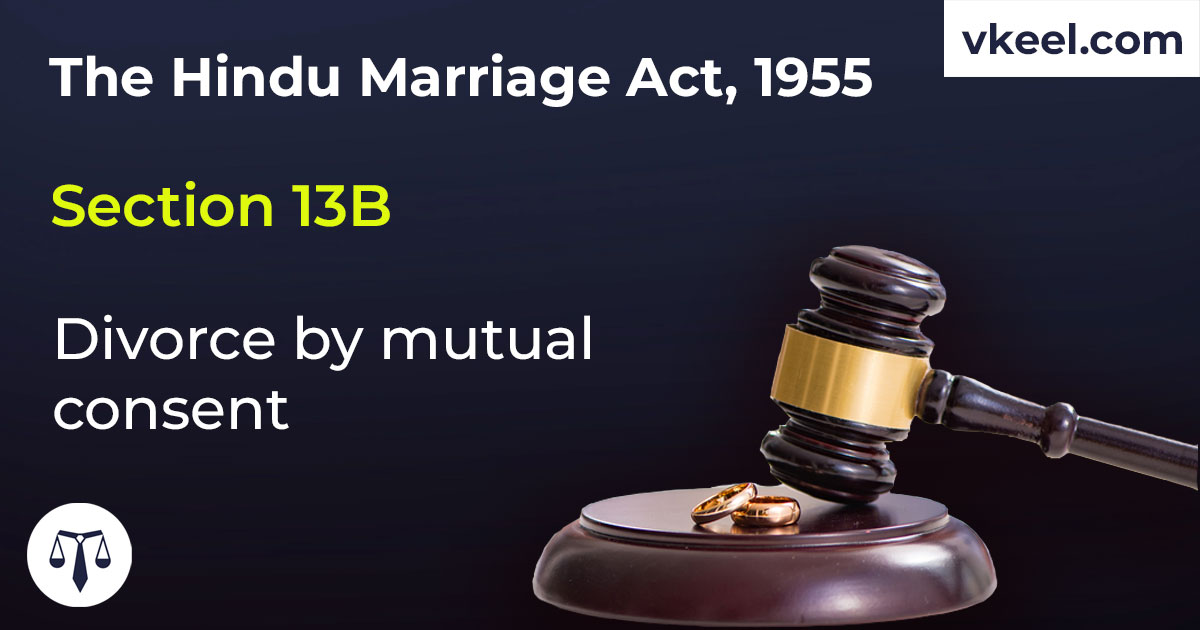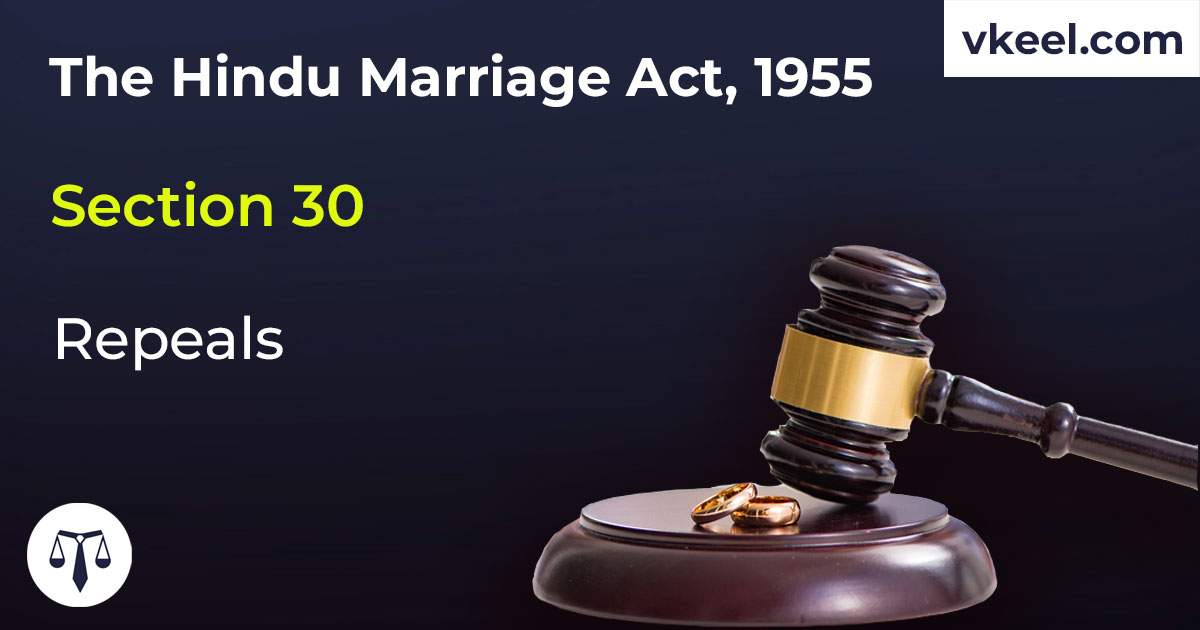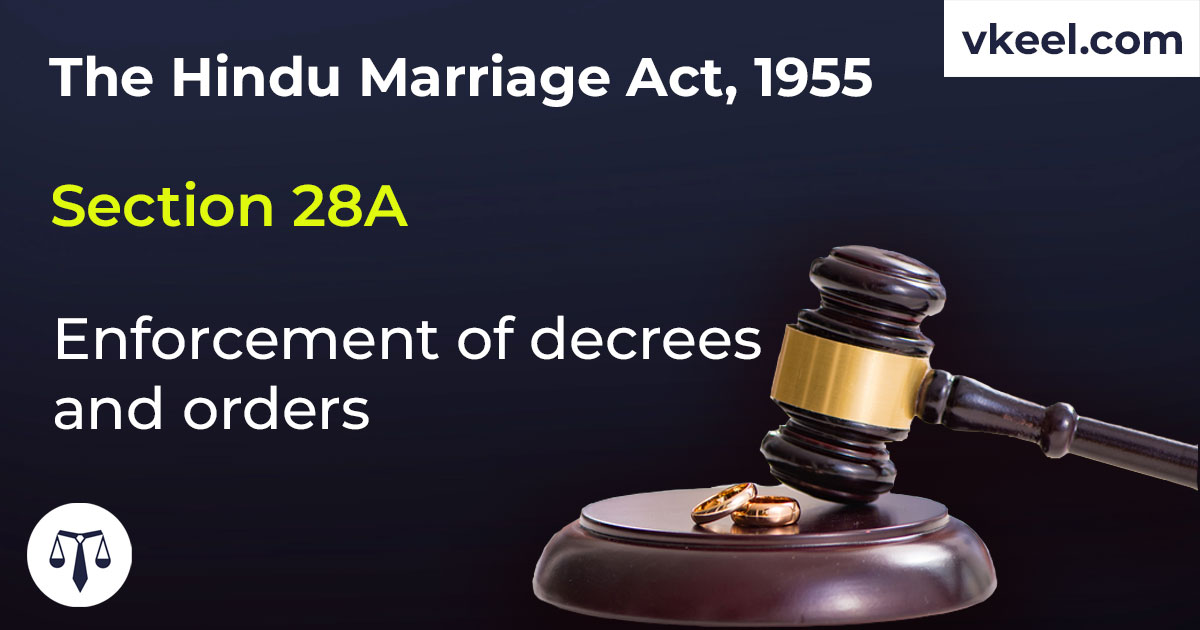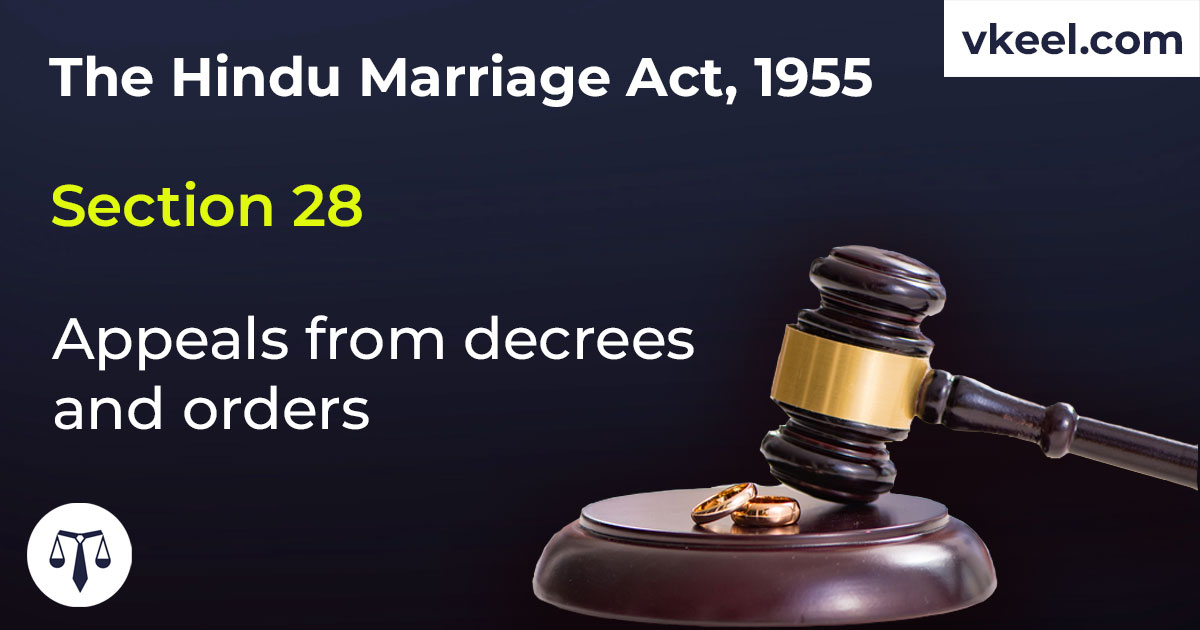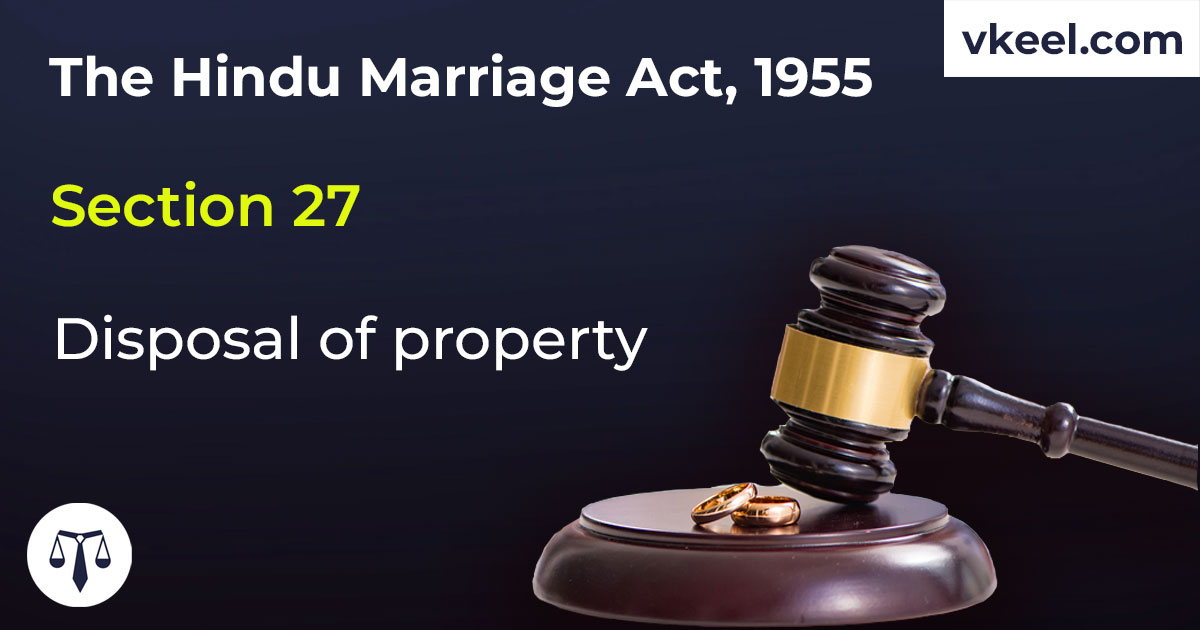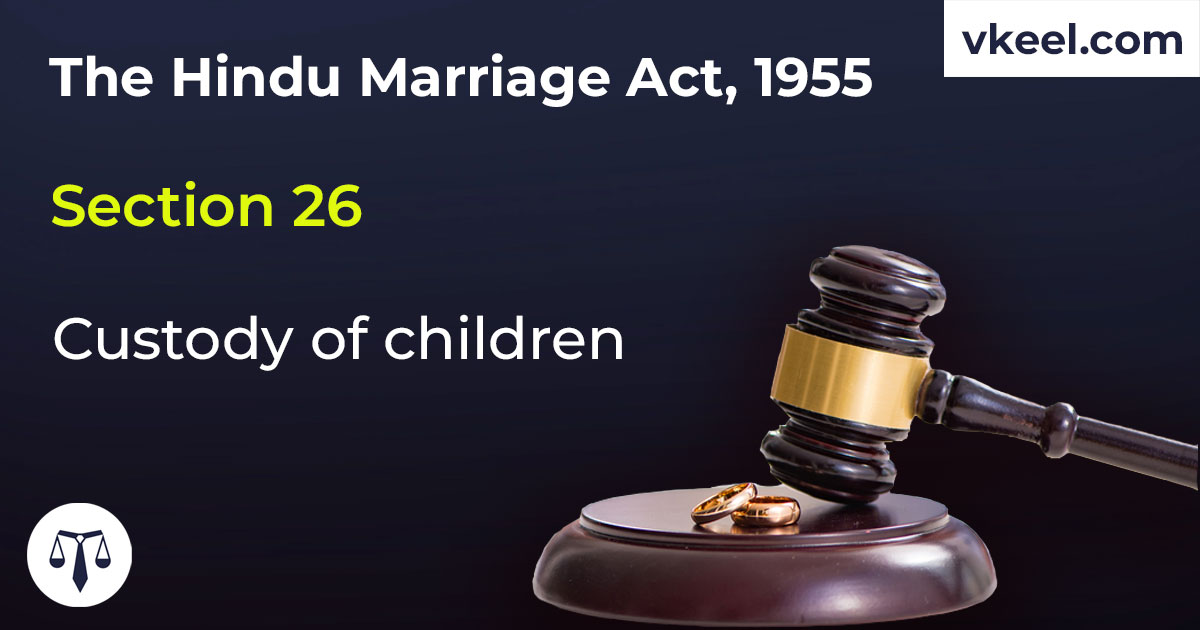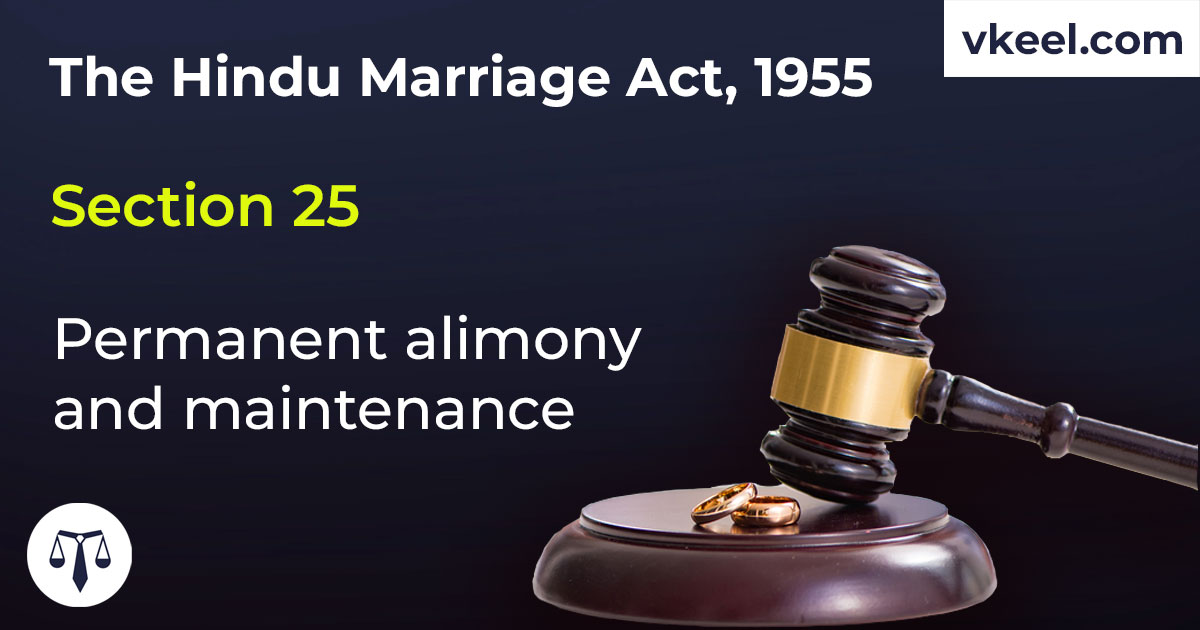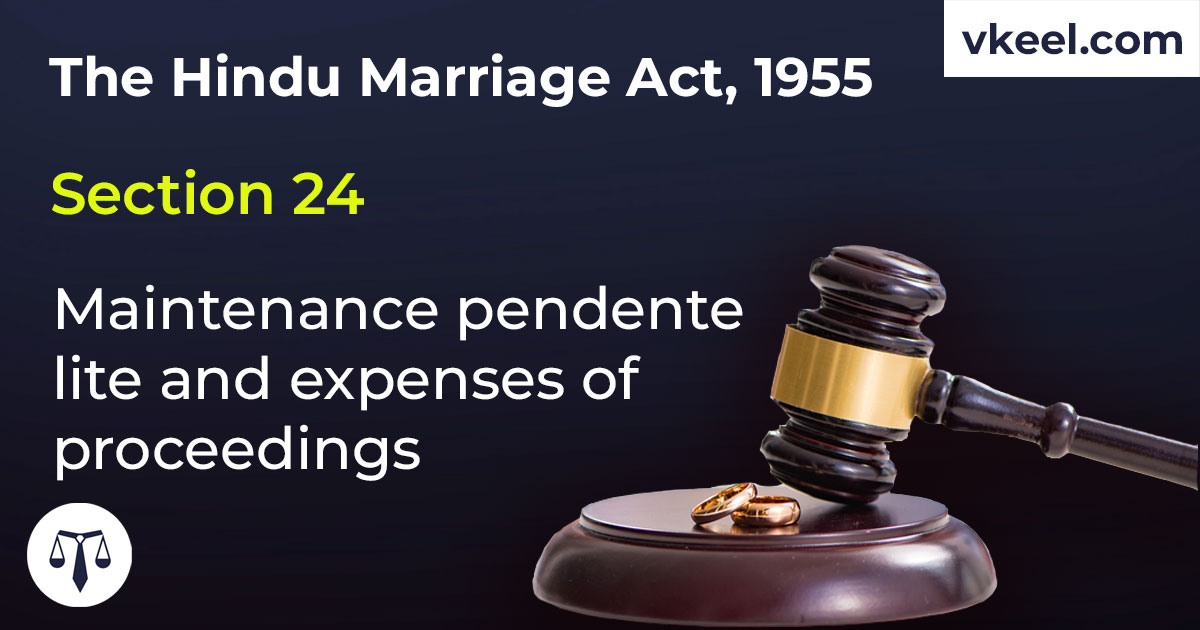Section 13B Hindu Marriage Act 1955 – Divorce by mutual consent
By Vkeel Team
Description
“Section 13B Hindu Marriage Act 1955”
(1) Subject to the provisions of this Act a petition for dissolution of marriage by a decree of divorce may be presented to the district court by both the parties to a marriage together, whether such marriage was solemnized before or after the commencement of the Marriage Laws (Amendment) Act, 1976 (68 of 1976), on the ground that they have been living separately for a period of one year or more, that they have not been able to live together and that they have mutually agreed that the marriage should be dissolved.
(2) On the motion of both the parties made not earlier than six months after the date of the presentation of the petition referred to in sub-section (1) and not later than eighteen months after the said date, if the petition is not withdrawn in the meantime, the court shall, on being satisfied, after hearing the parties and after making such inquiry as it thinks fit, that a marriage has been solemnized and that the averments in the petition are true, pass a decree of divorce declaring the marriage to be dissolved with effect from the date of the decree.
Section 13B Hindu Marriage Act 1955, Divorce by Mutual Consent: Exploring the Pros and Cons
Section 13B Hindu Marriage Act 1955 deals with divorce by mutual consent. This provision allows couples to mutually agree to end their marriage without having to go through the lengthy and expensive process of litigation.
The primary advantage of divorce by mutual consent is that it is a relatively quick and inexpensive way to end a marriage. Since both parties have agreed to the divorce, there is no need for lengthy court proceedings or expensive legal fees. This makes it a much more cost-effective option than traditional litigation. Additionally, since the parties have agreed to the divorce, there is less animosity between them, which can help to make the process smoother and less stressful.
However, there are some potential drawbacks to divorce by mutual consent. Firstly, it is important to note that the process is not legally binding until it is approved by the court. This means that if either party changes their mind, the divorce can be contested in court. Additionally, since the process is relatively quick, it may not give the parties enough time to consider the implications of the divorce and make sure that they are making the right decision.
In conclusion, divorce by mutual consent is a relatively quick and inexpensive way to end a marriage. However, it is important to be aware of the potential drawbacks of the process, such as the lack of legal binding and the potential for one party to change their mind. It is therefore important to ensure that both parties are fully aware of the implications of the divorce before proceeding.
Description Source: indiacode
Disclaimer:
The information provided in the article is for general informational purposes only, and is not intended to constitute legal advice or to be relied upon as a substitute for legal advice. Furthermore, any information contained in the article is not guaranteed to be current, complete or accurate. If you require legal advice or representation, you should contact an attorney or law firm directly. We are not responsible for any damages resulting from any reliance on the content of this website.

